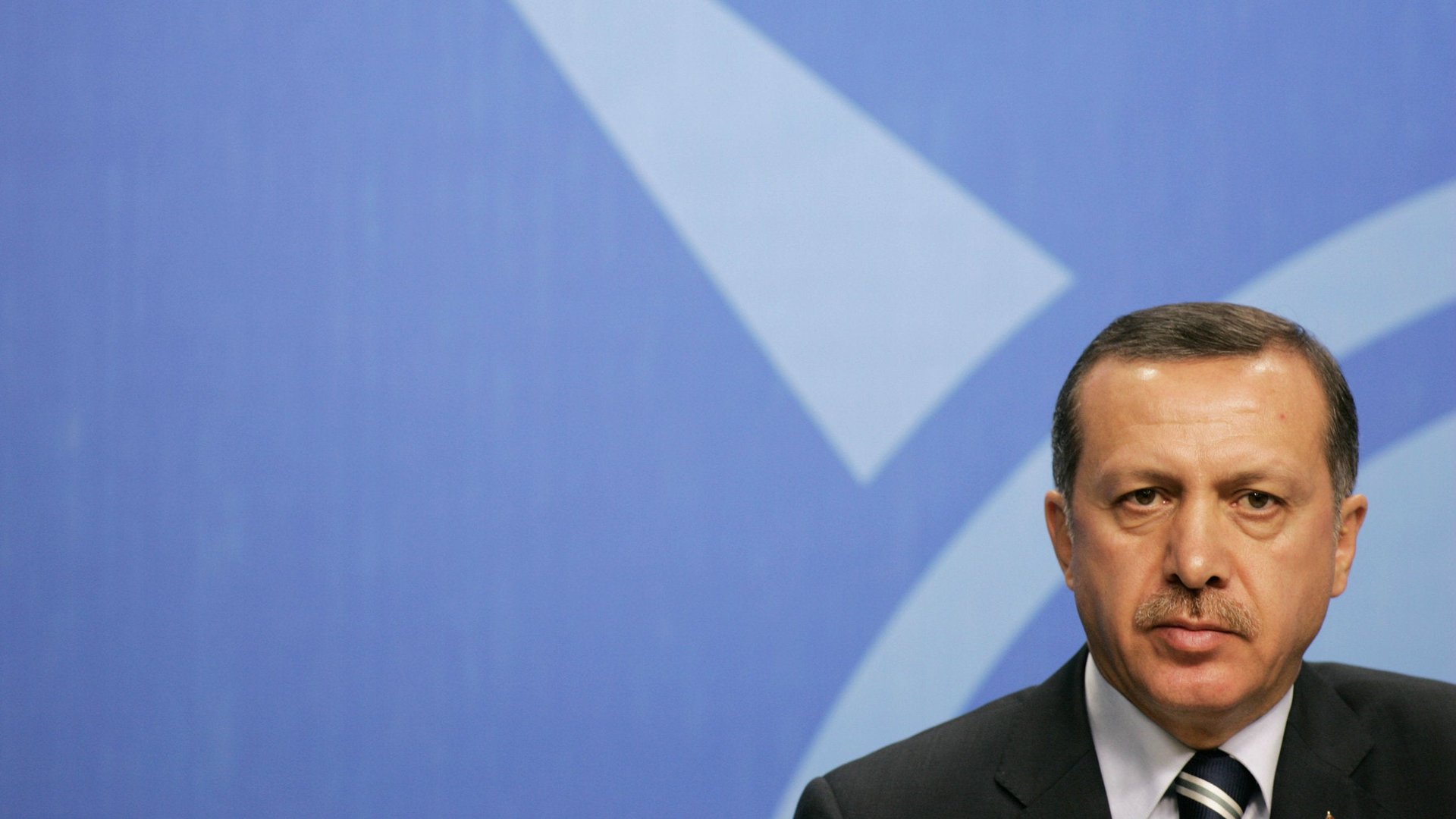The Turkish president’s deceptively simple and completely fanciful plan to tackle unemployment
Turkish president Recep Tayyip Erdoğan has a remarkably simple solution to tackle the country’s unemployment rate, which reached an 11-month high in January.


Turkish president Recep Tayyip Erdoğan has a remarkably simple solution to tackle the country’s unemployment rate, which reached an 11-month high in January.
Erdoğan called on each company to hire one unemployed person. The president unveiled his advice in a speech to the Union of Chambers and Commodity Exchanges of Turkey (TOBB), Turkey’s main private-sector organization with around 1.5 million members.
He reportedly told the TOBB: “If each member here hires one more person, we can create 1.5 million new jobs for unemployed people.” He even posed a rhetorical question to business leaders, “Will you go bankrupt if you hire one more person? No, you will have a bumper business when you do this,” before calling on them to do more to tackle unemployment.
Erdoğan latest advice follows his controversial move to remove party members charged with balancing the country’s budget. Turkish deputy prime minister Mehmet Simsek is one of the last remaining figures—with prime minister Ahmet Davutoglu stepping down last week—largely credited with the country’s rapid growth.
The move is widely seen as an attempt to increase Erdoğan’s influence on economic policy. Erdoğan has previously called the former central-bank chief Erdem Basci a “traitor” for not cutting interest rates quickly enough, even though it was the last thing the country needed. Basci found himself caught between Erdogan, who refused to believe that rising interest rates were an important safeguard the overall health of the economy, and foreign investors who owned large amounts of money in Turkish stocks and bonds.
In a first for the country, Erdoğan appointed a central-bank governor with an Islamic finance background—Murat Cetinkaya. The appointment sparked questions on whether Cetinkaya would help further Erdoğan’s war on interest rates, which he has previously described as “the biggest weapon of colonialism.”